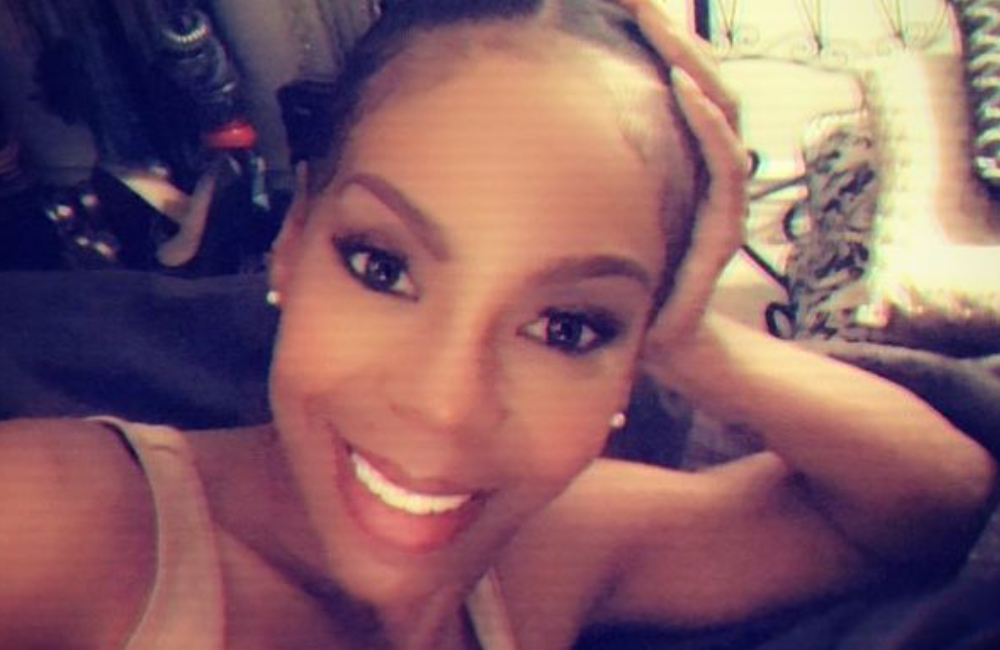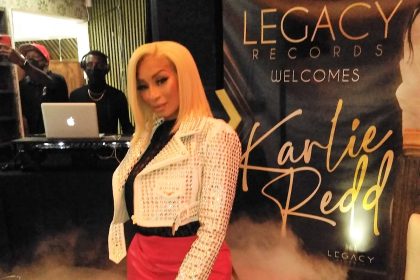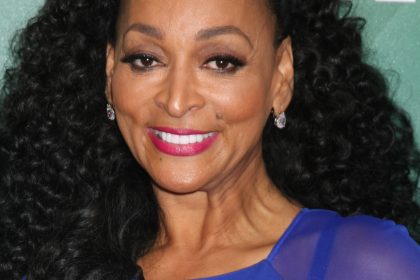Drea Kelly has emerged as a vocal advocate for survivors, sharing her deeply personal journey of surviving an abusive marriage to R. Kelly during a candid interview with Carlos King.
Kelly, who married the R&B star in 1996 and divorced in 2006, spoke candidly about the psychological complexities of surviving domestic abuse. Her narrative challenges societal misconceptions about victims, offering a nuanced look into the intricate dynamics of traumatic relationships.
“The way I grew up was to not love myself, to not think I’m worthy,” Kelly said, revealing how childhood experiences shaped her understanding of personal value. Her comments illuminate the profound impact of early trauma on relationship patterns.
Kelly directly confronted criticism from those who question why victims remain in abusive situations. She emphasized the overwhelming power dynamics that trap individuals in destructive relationships, particularly when one partner holds significant social and economic influence.
Her fierce defense extends beyond her personal story. Kelly challenged narratives that attempt to diminish her experiences, declaring, “What do I bring to the table if I am the table?” This powerful statement rejects external attempts to define her worth.
Comparing her experience to iconic survivor Tina Turner, Kelly noted a critical distinction: “The only difference between me and Tina Turner is she sang on the stage with Ike, I danced on one with Robert.” The statement underscores the varied ways survivors navigate and survive abuse.
By sharing her story, Kelly aims to provide solidarity and hope for other survivors. Her willingness to speak openly challenges stigmas surrounding domestic violence and offers a model of resilience for those struggling to reclaim their narratives.
The interview represents more than a personal account. It serves as a broader commentary on societal structures that often silence and marginalize abuse survivors. Kelly’s voice becomes a beacon for those seeking understanding and support.
Her continued advocacy highlights the importance of listening to survivors without judgment. Each story shared creates space for healing and challenges systemic barriers that perpetuate abuse.
As Kelly moves forward, her journey represents a powerful testament to survival, transformation and the human capacity to rebuild after profound trauma. Her narrative invites compassion, understanding and collective support for survivors.
The interview with King provides a critical platform for Kelly to reclaim her story, transforming her past pain into a source of empowerment and collective healing.

















